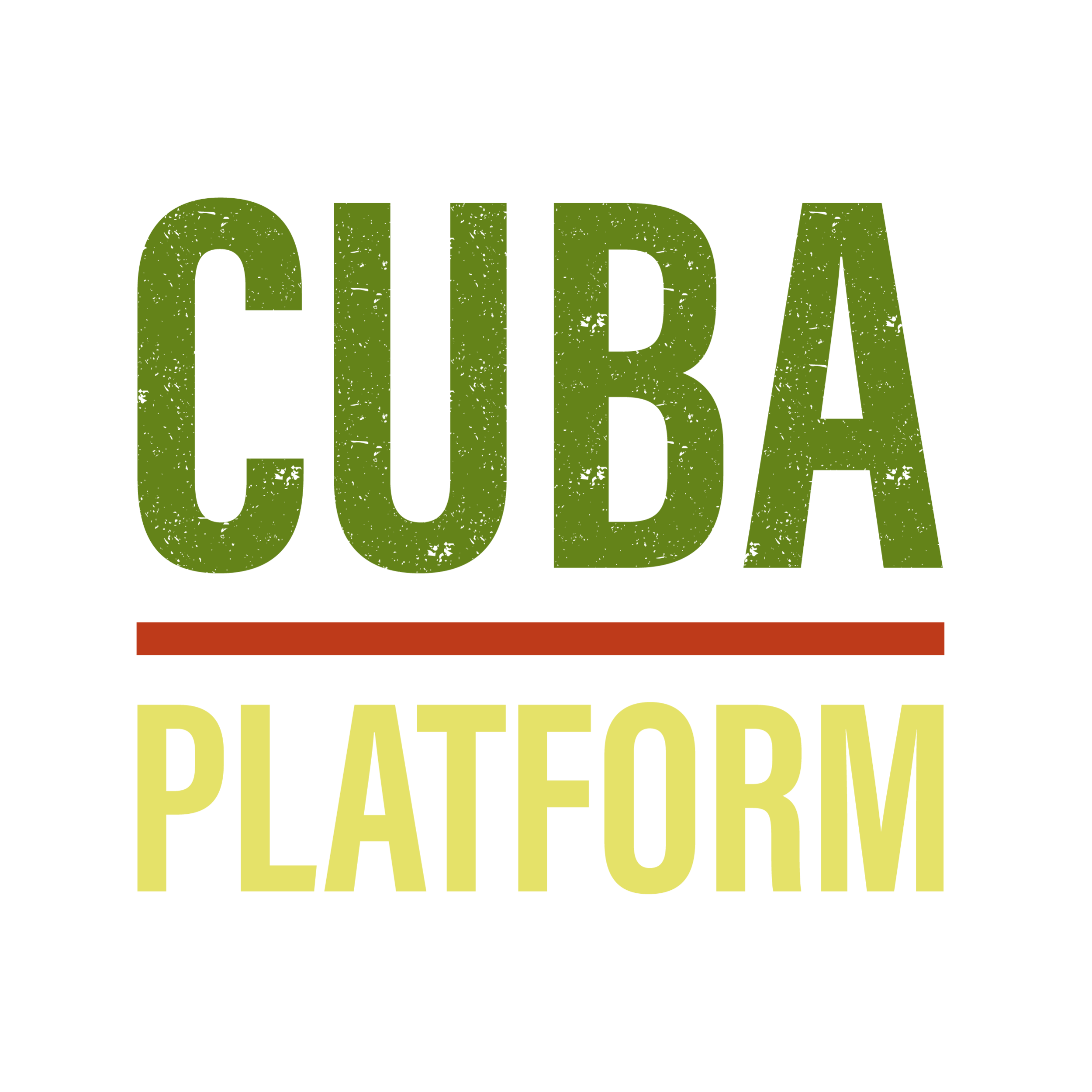Caring in Crisis: Survival Skills
Tania Singer and john a. powell conversing with artists in a private home in Havana
July 24, 2020
Dear Friends and Colleagues,
One year ago we convened a group in Cuba to explore issues of Othering + Belonging with john a. powell of UC Berkeley’s Institute for Othering + Belonging. Participants included a dynamic group of Atlantic Fellows, colleagues of john’s, Cuban counterparts, and other changemakers. We were delighted when Dr. Tania Singer, a renowned neuropsychologist, whose work on empathy and compassion we’d been following, agreed to join. Today, we are excited to release a podcast that continues a conversation that began during this trip. It is the very first episode of Sarah Stephen’s Survival Skills series (big thanks to convening participant Gary Weimberg for his sound editing and production work!)
The conversation explores how we can use both storytelling and neuroscience to expand circles of tolerance and belonging. This felt urgent a year ago, and even more so now, as we continue to seek better pathways forward out of the myriad ongoing crises. We’re also pleased to announce that the podcast is a production of both Cuba Platform and Care Lab, a very new project we are developing to bring together people and ideas from around the globe in order to explore who we are, what we can become, and promote a more care-centered world (Please join us on facebook, twitter, and Instagram)/
To listen to john and Tania’s conversation with Sarah or read a summary, visit the episode page. The summary is available in Spanish here. You can also listen on apple podcasts, spotify, and stitcher. We hope you’ll reach out to let us know what you think.
Below, our weekly updates on COVID-19 in Cuba.
Take care – Sarah, Justine, Mariakarla
Cuba and COVID-19
On Monday, Cuba celebrated the first day with no new COVID-19 cases in four months. After several days of calm, 13 new cases were detected on Wednesday. Today the island counts 211 active hospitalized cases, with 3 new confirmed cases reported yesterday. While officials say that Havana is almost ready to transition to phase two of recovery, most of the rest of the island is already entering the third phase.
In economic news, 72 state-run establishments opened their doors this week to sell food and toiletries as well as hardware products at prices in USD and payment through debit cards associated with bank accounts in freely convertible currency. The recent legalization of transactions in USD is the first time that the dollar was legalized since a period in the 1990s, and is part of the economic-social strategy to boost the economy introduced last week to face the global crisis caused by the COVID-19. While the hope is that this will bring more resources into circulation, some Cubans have expressed concern that it will promote a class-based system between those who can purchase in dollars, and those who can’t. The strategy also eliminates the 10% tax on the US dollar; allows private businesses to import and export goods and services; allows for the creation of small and medium-sized enterprises and non-agricultural cooperatives; supports the expansion and improvement of the self-employment sector; calls for the creation of a wholesale market in freely convertible currency for all sectors of the economy; and supports the unification of the monetary system (at present the country operates in two currencies) to be done “in the shortest possible time.”
In news related to gender issues, a group of experts announced this week the creation of a guidelines to deal with phone complaints about gender and domestic violence in Cuba.
International Affairs
In recognition of Cuba's successful work in confronting SARS-COV-2, eight prestigious Cuban scientists and academics have been invited to join the World Inter-Academy Partnership’s COVID-19 Advisory Group.



